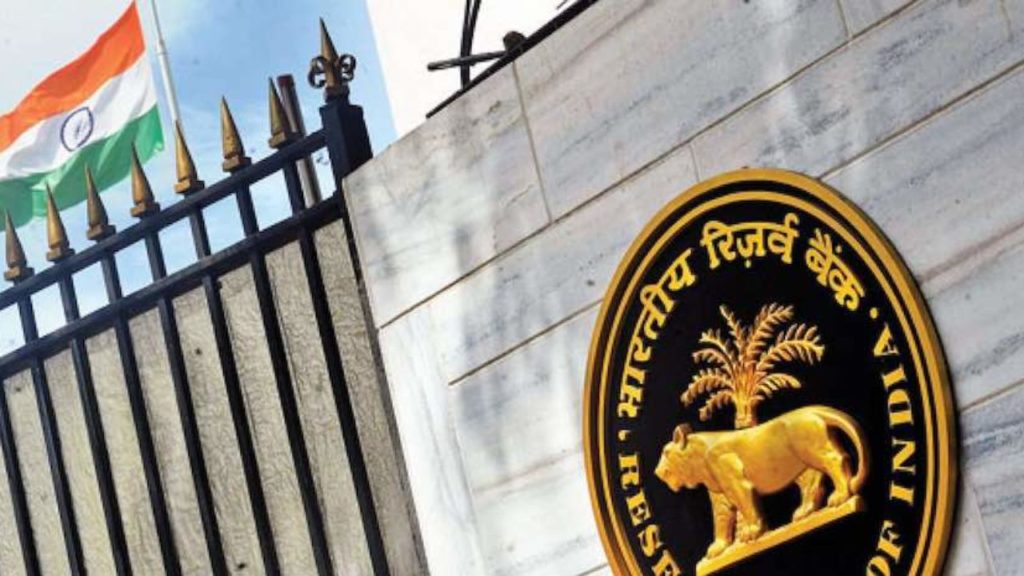Reserve Bank Of India Wants Work From Home Policy For All Employees For This Critical Reason

RBI seeks to be ahead of private organisations when it comes to the workplace and will devise a policy on “working from anywhere” for its staff.
This model will ensure a “seamless work environment as part of business continuity planning”, according to the central bank’s report for FY22 released on May 27.
Providing Help During Pandemic
Its dedication towards its employees became apparent when it took special measures during the pandemic to ensure the health and safety of its staff.
It set up a special quarantine facility for around 250 staff and service providers.
It made an arrangement with Apollo Hospitals for hotel rooms in certain cities to act as quarantine centres for COVID-19 cases.
Apart from the “working from anywhere” policy, the central bank will also set up an “employee assistance programme” on wellness-related matters.
PLI Scheme, Green Hydrogen Policy
The report emphasised the contribution of the PLI Scheme in helping India recover from the impact.
It noted, “The PLI scheme for sectors such as electronics, pharmaceuticals, textiles, steel, and automotive are expected to enhance India’s global value chain (GVC) participation and reduce import dependency in critical sectors”.
The supply chain disruptions can be rectified only if the geopolitical tensions ease.
The report said that efforts are also being made to boost India’s defence exports.
The recently announced Green Hydrogen/Green Ammonia Policy would secure India’s energy security in an environmentally sustainable way and cut down dependence on fossil-based imports.
Underlying Risks
The RBI also wrote about the risks that may continue to underwhelm the global growth prospects, supply chain issues and high global inflation.
These are among the top concerns noted by the bank.
Specifically, longer-than-expected supply chain bottlenecks, elevated freight rates and the upsurge in global inflation amidst escalating geopolitical tensions pose significant risks.
elevated crude oil prices can widen the current account deficit while foreign portfolio investors may remain risk averse towards EMEs, including India

Comments are closed, but trackbacks and pingbacks are open.